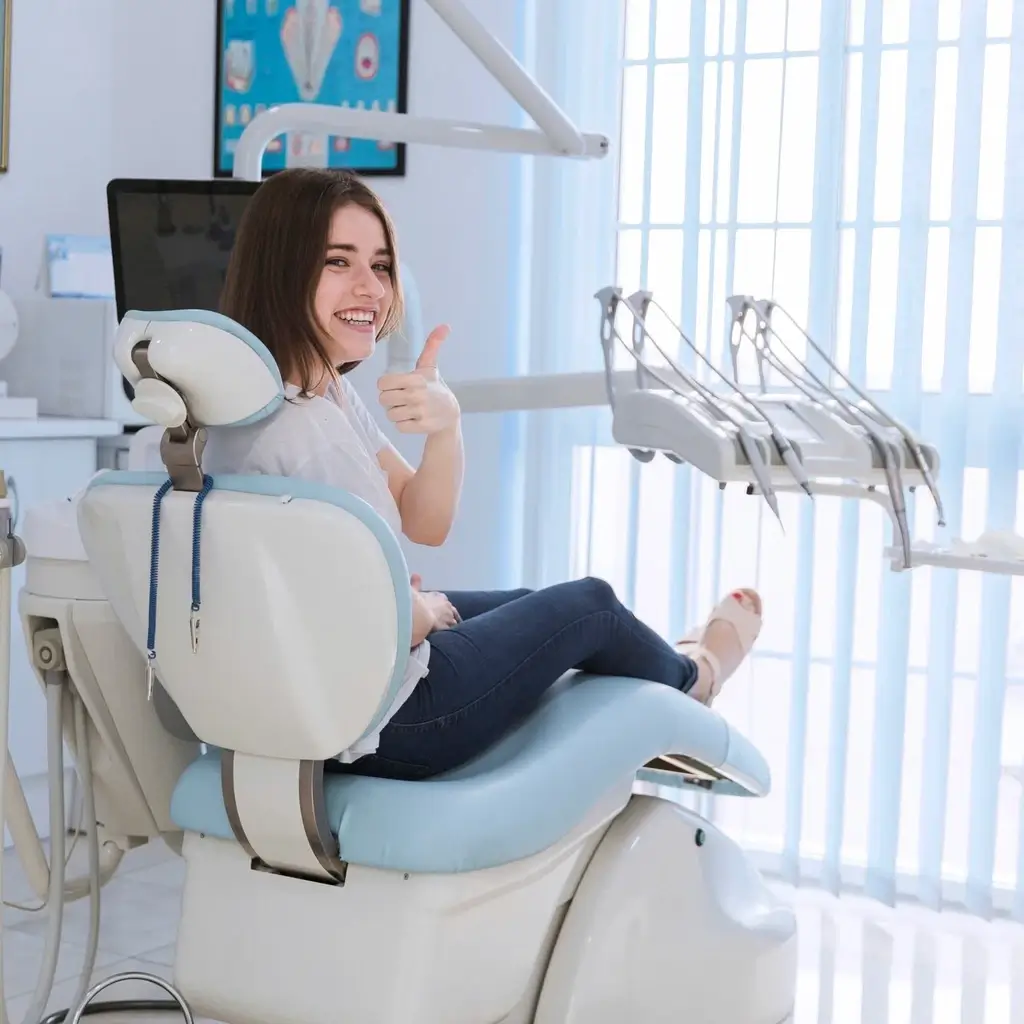Anesthesia plays a critical role in oral surgery, ensuring patient comfort and minimizing pain during various dental procedures. As a patient, understanding the anesthesia options available to you, how they work, and what to expect can help alleviate any concerns and provide reassurance that your experience will be as comfortable and stress-free as possible.
At our oral surgery practice, we prioritize patient education and transparency, striving to provide comprehensive, intent-driven information about all aspects of oral surgery, including anesthesia. In this guide, we will discuss the different types of anesthesia used in oral surgery, factors that influence the choice of anesthesia, and how you can best prepare for your procedure, ensuring a positive outcome.
As experienced oral surgeons, our team is well-versed in evaluating patients’ individual needs and selecting the most appropriate anesthesia options for each case. By maintaining open and honest communication and taking the time to answer our patients’ questions and concerns, we create a welcoming and supportive environment that fosters trust and comfort.
In the sections that follow, we will explore local anesthesia, nitrous oxide, oral sedation, and intravenous (IV) sedation, discussing their respective merits and ideal uses. Additionally, we’ll provide guidance on how to prepare for your surgery and recovery, ensuring the best possible experience and outcome.
Types of Anesthesia in Oral Surgery
There are several types of anesthesia commonly used in oral surgery, each designed to address specific patient needs and procedural requirements. The most frequently employed options include:
1. Local Anesthesia: Local anesthesia is administered via injection directly into the treatment area, numbing the site and surrounding tissue. This type of anesthesia is ideal for minor oral surgery procedures, such as simple tooth extractions and periodontal treatments.
2. Nitrous Oxide Sedation: Also known as “laughing gas,” nitrous oxide is a mild sedative inhaled through a mask. It helps patients relax during treatment, reducing anxiety and discomfort without inducing unconsciousness. Nitrous oxide sedation is often used in conjunction with local anesthesia for a more comfortable experience.
3. Oral Sedation: Oral sedation involves taking a prescribed pill or liquid medication to achieve a deeper level of relaxation. This option is suitable for patients with moderate anxiety or those undergoing more invasive procedures. Oral sedation typically requires pre-operative preparation and post-operative monitoring.
4. Intravenous (IV) Sedation: IV sedation is the administration of sedatives directly into the bloodstream through an intravenous line, allowing for a rapid onset of relaxation and more precise control of sedation levels. This option is often used for complex or lengthy procedures, or for patients with significant anxiety or health concerns.
Factors Influencing the Choice of Anesthesia
Several factors can influence the choice of anesthesia for oral surgery. These include:
1. Type of Procedure: The complexity of the treatment and the degree of invasiveness will influence the most appropriate anesthesia option for each patient.
2. Patient Anxiety: Patients with dental anxiety or phobias may benefit from deeper levels of sedation to ensure their comfort during the procedure.
3. Medical History: The patient’s overall health, including any pre-existing conditions and a history of adverse reactions to anesthesia, will help guide the choice of the most suitable anesthetic option.
4. Patient Preference: Open communication between patients and oral surgeons is vital for determining the type of anesthesia that best meets their comfort and safety needs.
Preparation for Anesthesia and Oral Surgery
To ensure a safe and comfortable experience during your oral surgery procedure, it’s essential to follow all pre-operative instructions provided by your oral surgeon, including:
1. Medication Management: Discuss any medications or supplements you are taking with your oral surgeon and follow their guidance regarding adjustments or discontinuation before surgery, if necessary.
2. Fasting Guidelines: If undergoing IV sedation or oral sedation, you may be required to fast for a specific period before your procedure. Be sure to adhere to these guidelines to ensure your safety.
3. Arranging Transportation: Arrange for someone to drive you home following sedation surgery, as you may be unable to operate a vehicle safely.
4. Comfort Measures: Wear comfortable clothing and follow any other pre-operative recommendations provided by your oral surgeon to ensure a positive surgical experience.
Anesthesia-Related Recovery and Aftercare
Following your oral surgery, it’s vital to follow your oral surgeon’s post-operative instructions to support a smooth recovery. These may include:
1. Rest: Resting after surgery will allow your body to focus on healing and minimize any adverse effects from anesthesia or the procedure itself.
2. Pain Management: To stay comfortable during recovery, follow your surgeon’s guidelines for pain relief, whether it’s over-the-counter medication or prescription painkillers.
3. Post-Surgical Care: Adhere to all instructions regarding wound care, eating and drinking, and any necessary follow-up appointments.
4. Gradual Return to Activities: Allow yourself ample time for recovery before resuming more strenuous activities or returning to work.
Conclusion
Understanding the different anesthesia options available for oral surgery and knowing what to expect throughout the process can contribute significantly to a positive and comfortable experience. By discussing your concerns and preferences with your oral surgeon, you can ensure that your individual needs are met and the most appropriate anesthesia option is selected for your procedure.
At Ridge Oral Surgery, our team is committed to prioritizing patient comfort and safety, offering personalized care, and maintaining open communication. If you have any questions about anesthesia options or would like to discuss your treatment plan, please don’t hesitate to contact us and schedule a consultation. Together, we can ensure that your oral surgery experience is as comfortable, stress-free, and successful as possible.





